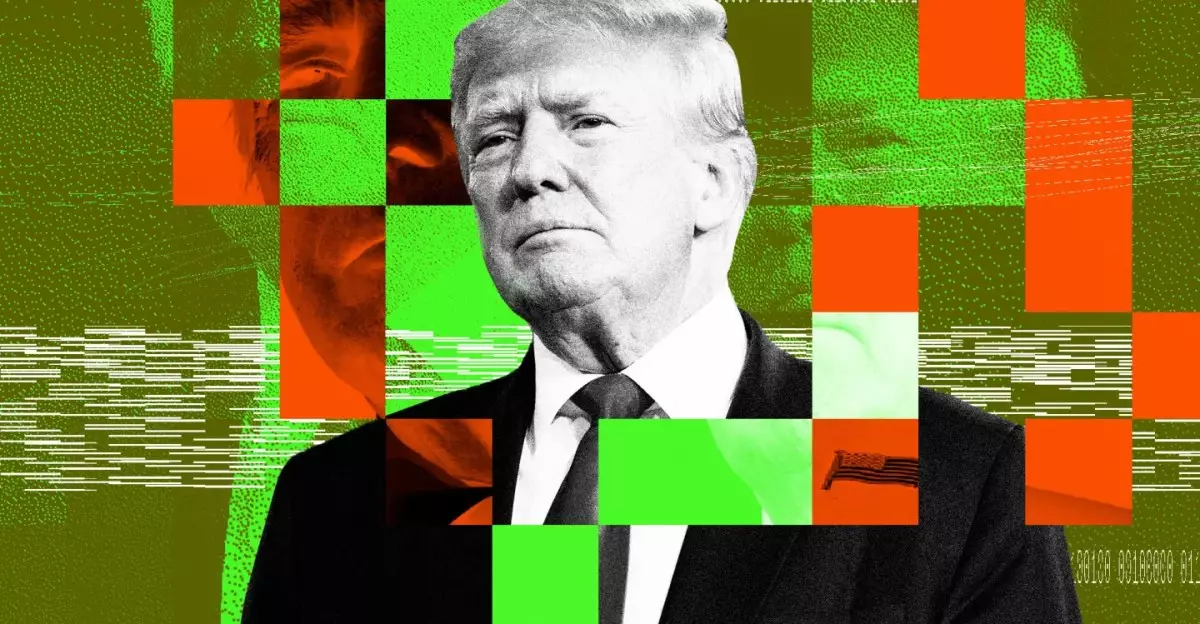The recent suspension of student visa interviews by the State Department has thrown a dark cloud over the hopes and dreams of countless prospective students. This unexpected halt not only disrupts the academic pursuits of these applicants but also raises ethical and legal concerns about governmental overreach and individual rights. With a heavy reliance on educational exchange as a cornerstone of cultural diplomacy, this development signals a dangerous shift in policy that prioritizes security over education.
The Legal Challenge
A notable reaction to this suspension has been a lawsuit initiated by fifteen Iranian students and researchers against the Trump administration, encapsulating a broader narrative about the government’s relationship with academia. This legal action, which claims that the pause violates the Administrative Procedures Act, underscores the tensions between security protocols and the rights of individuals to pursue education freely. The students, having been accepted to prestigious institutions like Yale and Ohio State, are not just collateral damage; they are emblematic of a larger struggle faced by many international students. The sealed nature of this litigation keeps the specifics under wraps, but it is noteworthy that these students had already navigated the visa interview process prior to the suspension.
A Deepening Crisis for Higher Education
The ramifications of this visa pause extend beyond the students themselves; universities across the United States are bracing for an impending crisis in the academic landscape. As institutions increasingly depend on international students for diversity and financial stability, this policy could lead to a decline in enrollment numbers that adversely affects the educational ecosystem. Furthermore, the targeting of students based on their nationality or perceived affiliations smacks of discriminatory practices, which ultimately jeopardizes the foundational principles of equality and access in education.
Political Underpinnings of the Policy Shift
At the heart of this visa suspension lies a broader political strategy aimed at reshaping the landscape of higher education in America. The Trump administration’s move to scrutinize social media accounts and apply stringent vetting processes appears to be a concerted effort to align incoming students with specific political ideologies. It raises significant ethical questions about whether academic excellence should be tied to political allegiance. Activities like the recent suspension of visas for international students linked to pro-Palestine protests further solidify this notion that academic freedom is increasingly under siege.
Concerns for the Future
As the current political climate continues to evolve, the implications of these policies may extend far beyond the immediate impacts on prospective students. Educational institutions may lose their status as pillars of innovation and diversity if such restrictive measures are permitted to endure. The chilling effect on free thought and expression within academic spaces could stifle the very intellectual discourse that colleges and universities aim to inspire. The consequences of these governmental policies demand urgency, catalyzing calls for reform that not only uphold national security but also preserve the right to education unfettered by political motives.
This precarious intersection of education, policy, and personal rights nuances the complexities of contemporary governance and challenges us to reflect on the true costs of hollow security measures in a globalized world increasingly reliant on intellectual exchange.

